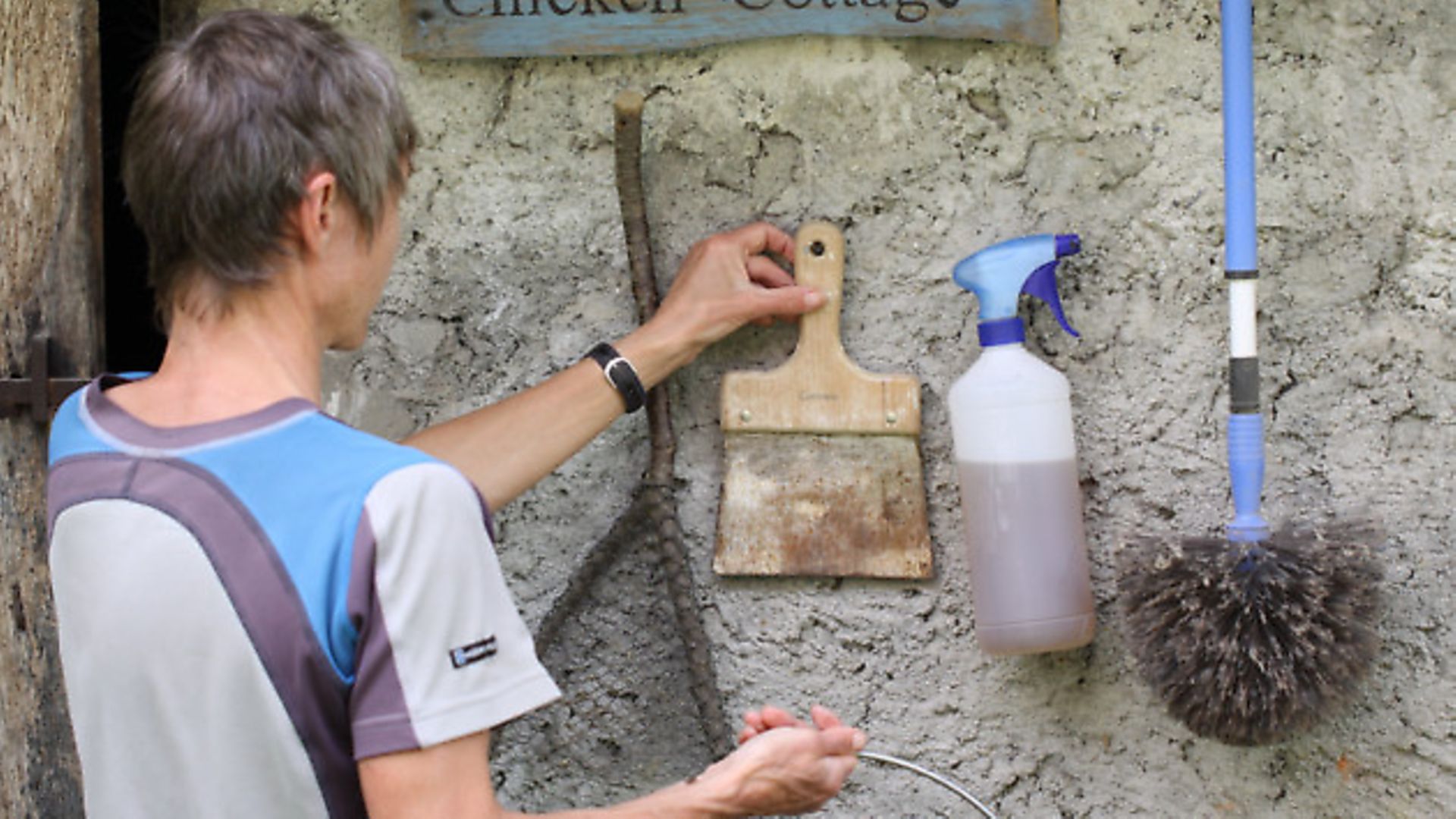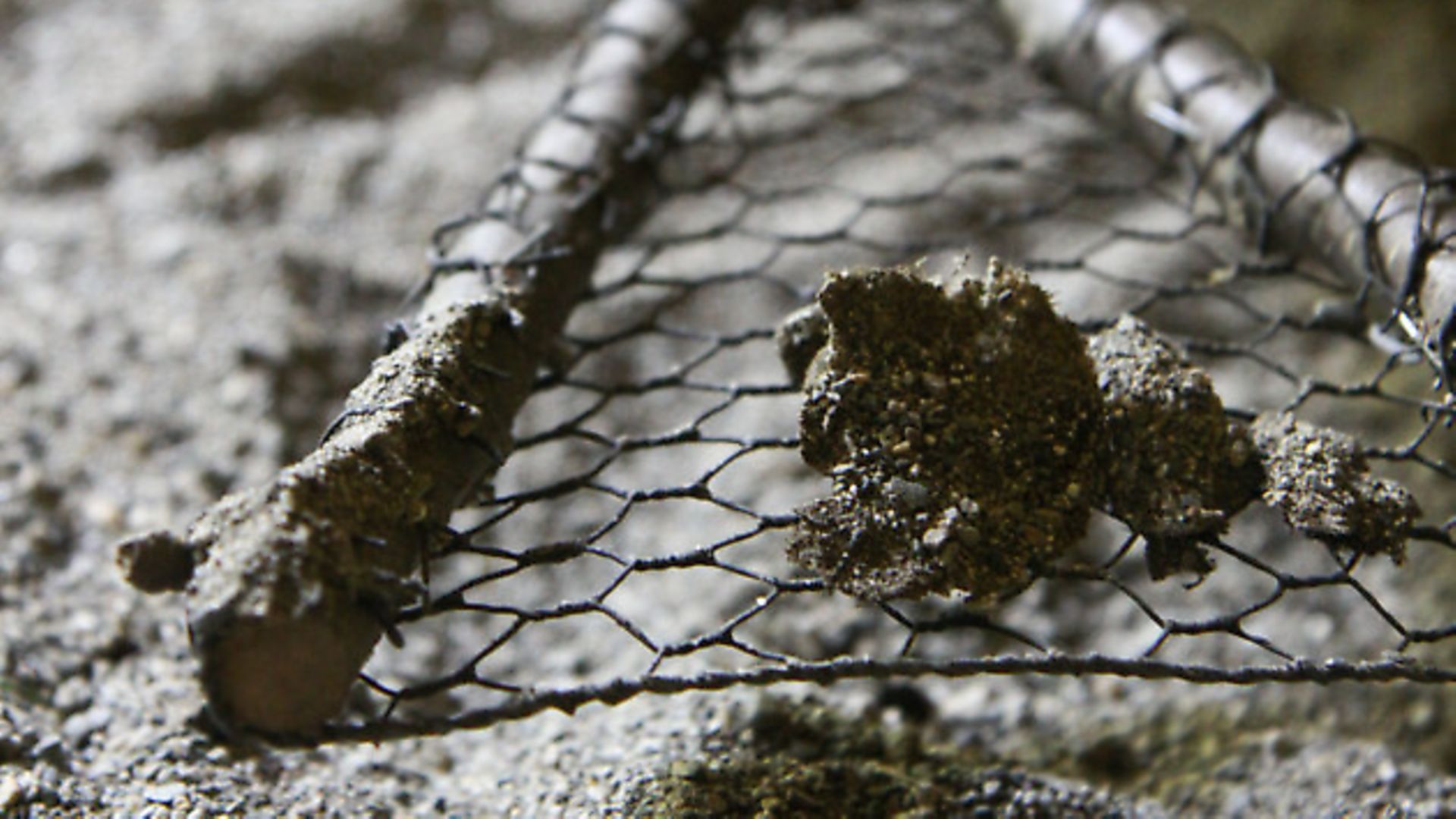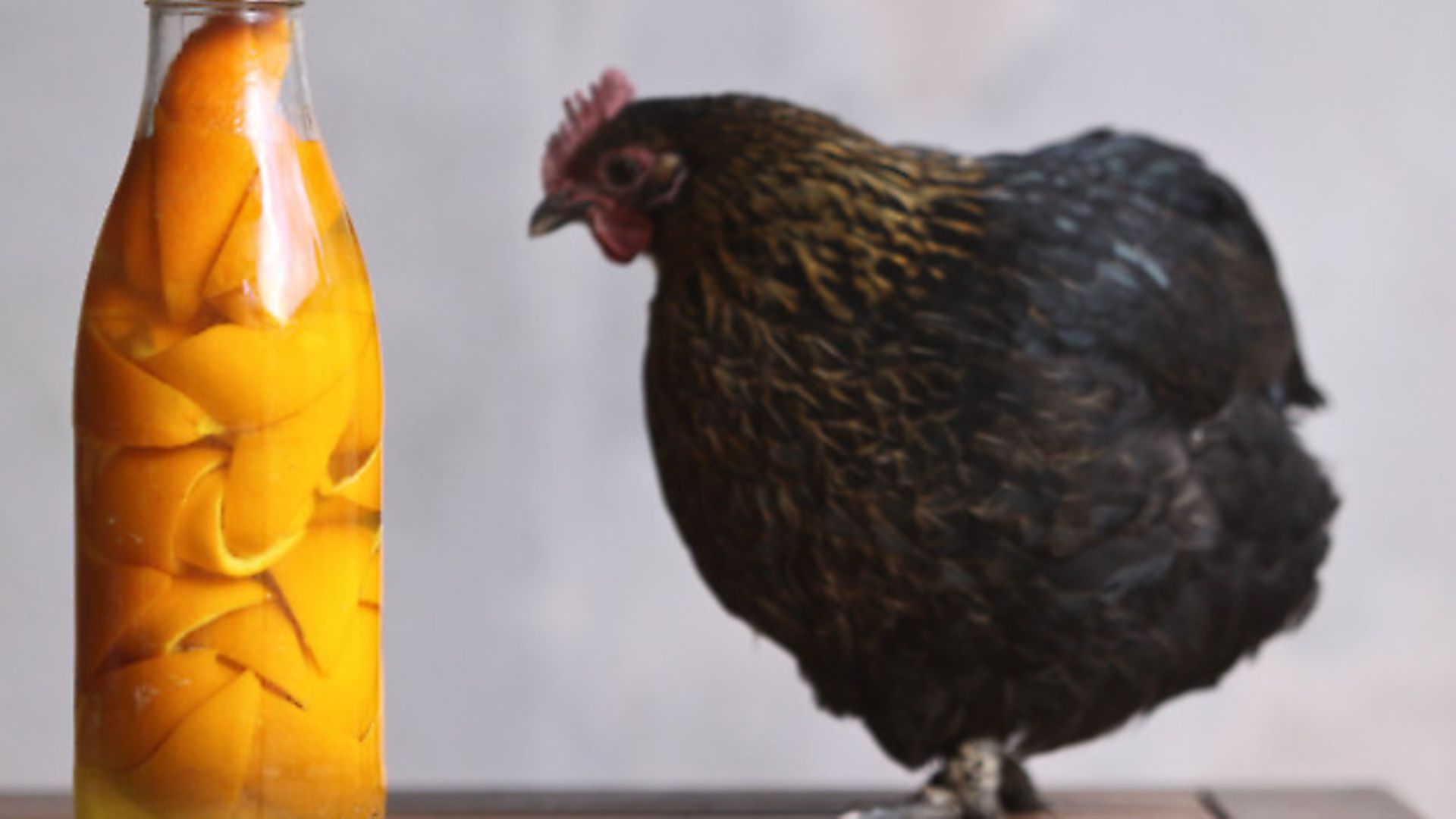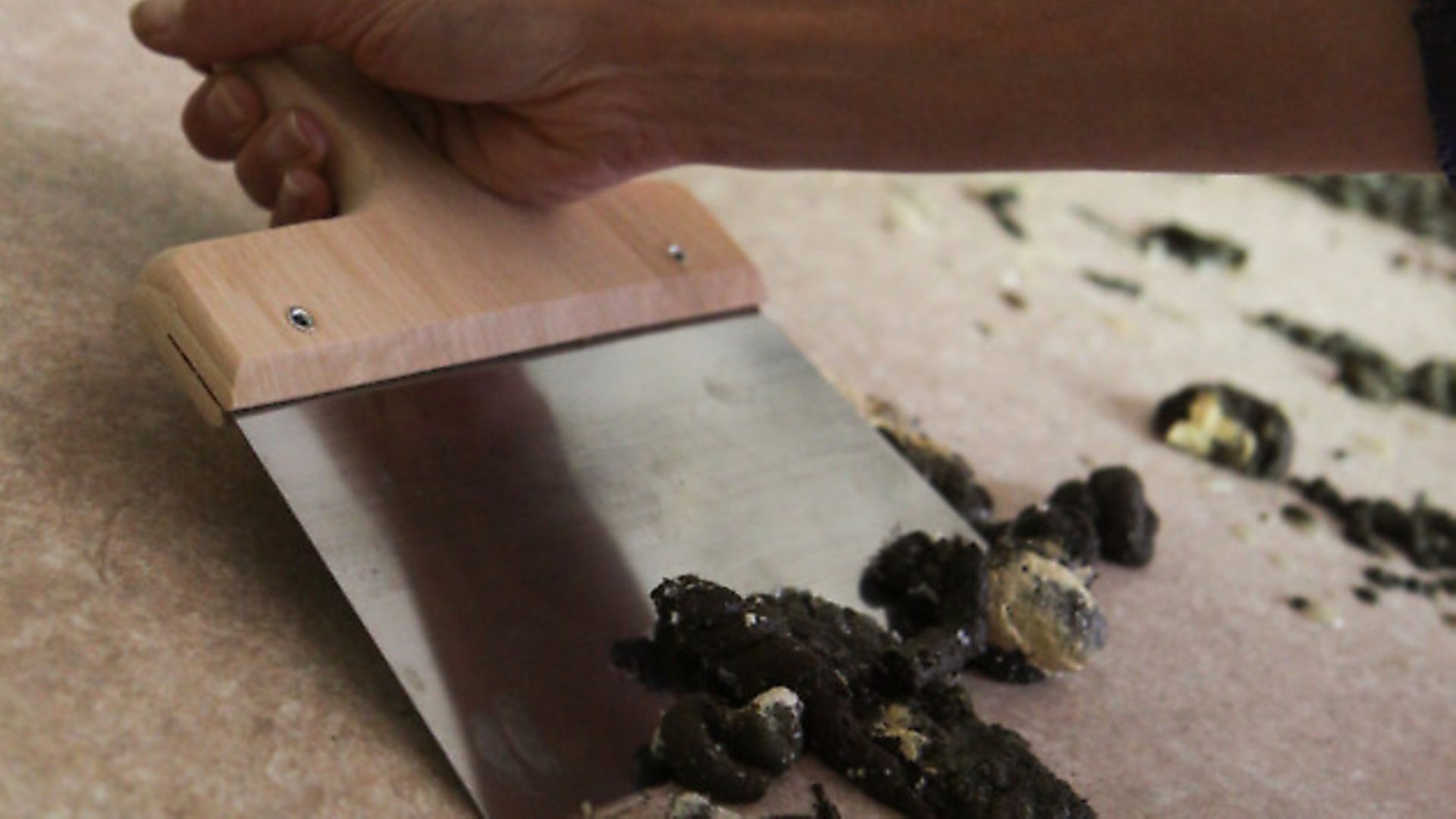Cleaning your hen house doesn’t have to be an onerous task. Julie Moore shares some tips on making it easier

Keeping the coop clean is one of the most important jobs for any poultry keeper. A clean coop means clean eggs and happy and healthy hens. But it doesn’t have to be a mundane chore; follow our tips to make your coop cleaner than ever before – and for less effort too.
How often you clean in between the semi-annual deep clean depends on your own set-up and weather. Be guided by your eyes and nose — if you smell ammonia which can cause damage to the respiratory system of your hens if levels become too concentrated, you know that a clean is overdue.
When you clean your coop, never use bleach, aerosol sprays or any chemicals that may cause your hens harm. There are plenty of natural products you can use instead.
First off, by installing droppings boards beneath the perches, you’ll instantly notice that cleaning becomes quicker and easier. Droppings boards essentially collect poo deposited overnight as the birds roost and can be made from any materials to hand such as old planks of wood cut to size — remember to span the length of the perch and allow enough width to catch the poo. Droppings boards can be either permanent or removable, the latter making the semi-annual deep clean easier. If your hens are free-ranging or have an outside run, droppings boards help keep the floor of the coop relatively poo-free which means that the litter stays cleaner for longer saving you not only time replacing litter but money too. To make cleaning even quicker and easier, I’ve covered the droppings boards with linoleum.

On a daily basis, I scrape the overnight poo into a bucket using a plasterer’s knife and then empty the contents straight on the compost heap. This means that as there’s never any build-up of poo, I know that my coop is not only an ammonia and fly-free zone, but I’m also lowering the moisture content in the coop which helps to reduce the risk of frostbite in winter. I’m also able to monitor the health of everyone simply by looking at their poo and can treat any aliments at an early stage. Without droppings boards, the poo would otherwise be lost in the litter.
No matter what your choice of litter, coops always seem to accumulate dust and cobwebs. I keep a feather duster handy in the coop to give the walls, door, window and nest boxes a quick dusting down every so often which helps to make the deep clean less of a chore.
Thirdly, I use a homemade orange degreaser to spot clean the droppings boards, perches and walls as needed. My orange degreaser costs pence to make and cuts through dirt and grime giving the coop a wonderful citrusy smell.
Distilled white vinegar is not only cheap, it’s a natural disinfectant, has anti-bacterial properties and repels ants. As citrus oils are a natural insect deterrent and give a wonderful aroma, I add some orange peel for good measure. Here’s what you’ll need to make a simple but effective coop cleaner that’s good for you, your hens and the environment.

What you will need
Bottle of distilled white vinegar
Peel from four oranges

1 glass bottle or jar with screw lid
Strainer and funnel
Measuring jug
Spray bottle
Step-by-step
1 Put the orange peel in the glass bottle or jar.
2 Pour in enough vinegar to cover the peel and seal.
3 Leave the jar in a cupboard for two months. Remember to shake the bottle every few days.
4 The liquid should start to turn an orangey colour and the smell of vinegar will disappear.
5 Strain the liquid contents into a measuring jug.
6 Pour the cleaner into a spray bottle.
The degreaser can be sprayed ‘full strength’ directly onto perches or diluted in water to scrub the droppings boards and walls — you won’t need to rinse afterwards.
Changing my choice of coop litter from shavings to sand has actually been my biggest cleaning time-saver; I’m now able to keep the coop cleaner than ever before at a fraction of the cost.
Sand is a cost effective, long lasting and eco-friendly litter option as it doesn’t decay or degrade inside the coop. It can be washed and thoroughly dried in the sun before being used again. For me, those time consuming days spent cleaning out and replenishing shavings several times a month are all in the past, and of course, it’s good on my pocket too!
As sand doesn’t retain moisture, droppings dry out quickly and provide a ‘scoopable’ litter, much the same as cat litter. I made my own scoop using some old wire mesh stapled to a handy-sized hazel branch. Each morning, I ‘scoop the poop’ in a matter of minutes straight into my bucket, the contents of which are emptied onto the compost heap — no shavings, just pure nitrogen-rich droppings.
By making a few simple changes to your routine, you’ll not only save time but you’ll have a cleaner coop for less effort, that is of course until the girls return to roost! And when it comes to the semi-annual deep clean, it’ll be a breeze of fresh air.
* Julie Moore is a henkeeper living in France
Image(s) provided by:
Archant







